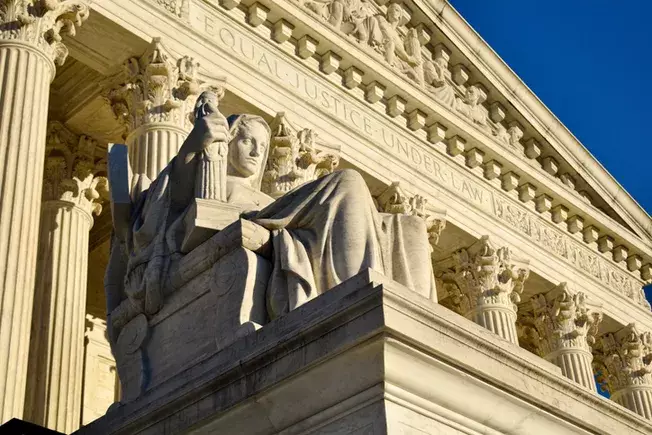The social media giant TikTok has become a staple in the daily lives of its 170 million American users, offering a platform for creativity, entertainment, and social interaction. However, a legislative clock is ticking down, threatening the app with a potential ban on January 19th. This article will explore the surrounding issues, including national security concerns and the implications for users and the app’s future.
Legislative Background and Security Concerns
The drive to ban TikTok stems from the “Protecting Americans from Foreign Adversary Controlled Applications Act.” This legislation has become a focal point of debate regarding the app’s affiliation with the Chinese government and the perceived risks of foreign influence on American soil. Critics of TikTok assert that the app’s ownership by the Chinese company ByteDance poses a significant risk; the fear is that the Chinese government could exploit the platform to gather intelligence on American users while potentially spreading misinformation.
The trouble for TikTok escalated when its initial appeal against this act was dismissed by the U.S. Court of Appeals. The anticipation surrounding the Supreme Court’s response adds another layer of uncertainty. Early arguments suggest that the justices may lean toward upholding the legislation, but they have also exhibited apprehensions about potential violations of the First Amendment, which protects free speech. The legal juxtaposition between national security interests and individual rights creates a uniquely complex atmosphere for this case.
While TikTok has not completely exhausted its options, its chances for success are diminishing. The company faces an uphill battle to align itself with U.S. interests. Despite engaging in discussions about a potential sale to American investors, measurable action remains elusive. Additionally, some Trump administration officials have indicated support for TikTok, demonstrating a widening rift in public and political opinion regarding the app.
TikTok’s legal strategy hinges on its interpretation of free speech rights versus national security imperatives. The company contends that outright banning the app violates the First Amendment and could set a troubling precedent for digital expression in a globalized age. However, the whispers of national security may ultimately overshadow these arguments.
For American users, the potential ban of TikTok signifies not only the loss of a beloved platform but also raises questions about the broader implications for social media freedom. Should the ban be enacted, its removal from app stores would not result in an immediate disappearance; rather, the app would gradually lose functionality as its parent company can no longer provide necessary updates or services. This development is akin to pulling the plug on a vibrant community, leaving users scrambling for alternatives to fulfill their creative and social needs.
Moreover, the broader digital landscape may feel the reverberations of this ban. If a popular application like TikTok can be easily shuttered due to political or security concerns, it could herald a new era of precautionary measures directed at other platforms. The government’s authority to act against platforms based on their origins may prompt apprehension among developers and investors alike, creating a chilling effect on innovation and expression.
The Road Ahead for TikTok
The upcoming weeks will be pivotal for TikTok. With the Supreme Court’s decision looming and potential legislative changes on the horizon, the narrative surrounding the app may shift dramatically. A consortium of U.S. investors has signaled willingness to intervene and possibly facilitate a sale, yet the tight deadline presents significant hurdles.
What does the future hold for TikTok? It seems increasingly likely that a decision will be made soon, whether that leads to the app’s survival or its demise. Should it go, users will need to navigate new platforms, while lawmakers will have to grapple with the ramifications of their decisions in regulating digital spaces.
TikTok’s fate hangs in the balance, etching a path filled with uncertainty. While its vast user base hopes for a favorable outcome, the intricate interplay of national security, free speech rights, and digital innovation ensures that this is a story that is far from over. As the clock ticks down, the unfolding saga will undoubtedly shape the digital landscape for years to come.


Leave a Reply